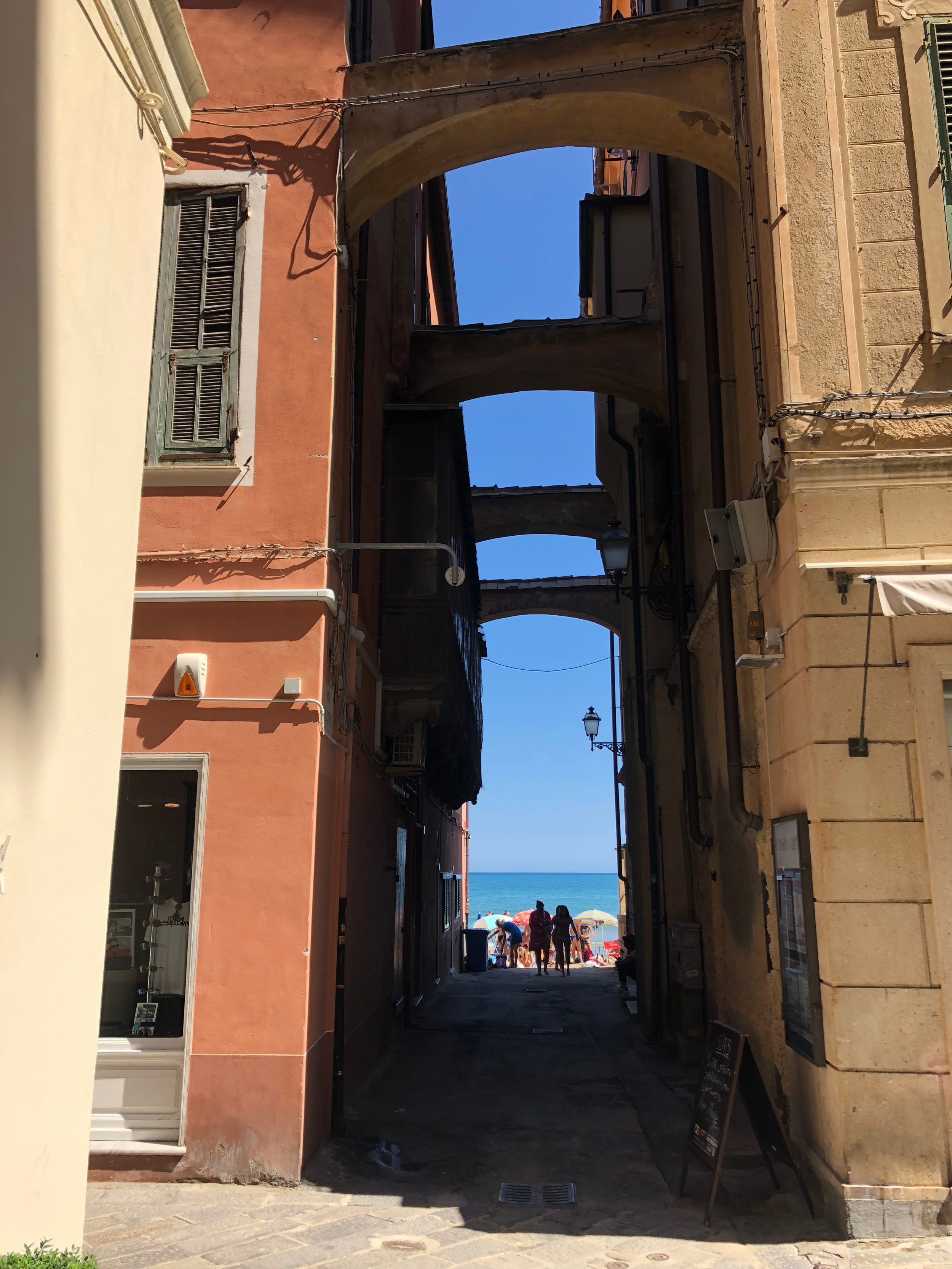
Buying Property in Italy
You've probably done some research by now.
You've scrolled through endless property listings. Maybe you've even taken some Italian lessons. But something's holding you back – that nagging feeling that buying property in Italy might be too complex. Let’s demistify some of this and set your plans in motion.
The Starting Line
Three questions that matter before everything else.
-
Yes, with some important distinctions.
EU and EEA citizens have the same property rights as Italians.
Non-EU citizens can also buy property in Italy, as long as their country has a "reciprocity agreement" with Italy. Most Western countries do, but a quick confirmation is a smart early step.
Check your country's reciprocity status with Italy here.
If you hold a valid Italian residence permit (permesso di soggiorno) you can purchase property regardless of your citizenship.
-
No, you don't need to live in Italy to own property there. But residency has some benefits.
As a visitor, you'll pay 9% in purchase taxes and higher annual property taxes. You're limited to 90-day stays. You also can't register a car in your name.
As a resident, you'll pay just 2% in purchase taxes. You gain access to healthcare and renovation tax breaks. But you'll also face Italian income tax obligations.
-
Selling property in Italy typically takes much longer than in North America or Northern Europe. The Italian property market moves slowly, with homes often remaining listed for months or years before finding a buyer. This is particularly true for rural properties or those in less touristic areas. Foreign buyers should view Italian property as a long-term commitment rather than a liquid investment. Properties that appeal specifically to international buyers may be easier to sell than those targeting the local market, where economic conditions have kept demand relatively low.
How Buying Works in Italy
To buy property in Italy you’ll typically follow three steps.
1
Photo by Andrea SciscoInitial offer
Your first commitment comes in writing. You'll submit your offer through an agent along with a small deposit. This transforms you from browser to a potential buyer and gives the seller something concrete to consider. The market moves at its own pace here - not rushed like back home.
2
Preliminary Contract
When your offer is accepted, both parties sign a more detailed contract. You'll provide a larger deposit and agree to specific conditions and timelines. This step carries real legal weight. Walk away now, and there are financial consequences. It's the moment things start to feel real.
3
Photo by Mykhailo Volkov on UnsplashFinal deed
The final handover happens at a notary's office. You'll pay the remaining balance, sign the official deed, and receive your keys. The notary ensures everything is legally sound and registers your purchase with the authorities. This centuries-old ceremony transforms a building in Italy into your building in Italy.
Uncertain about the buying process?
Download this guide—clear, calm, and free.
Buying Property in Italy
A Step-by-Step Guide by Eyes on Italy
Get your copy
Enter your email to get a copy of the guide now
By signing up, you’ll receive the guide and join the Eyes on Italy mailing list. You can unsubscribe any time. For more information see our Privacy Policy.
What’s inside
Visual timeline of the buying sequence
What happens at each stage
Key documents needed along the way
Common pitfalls to avoid
Insider tips throughout the process
What to expect during negotiations
Due diligence to protect your investment
When to seek professional help
Payment options for the final transaction
Post-purchase setup checklist



